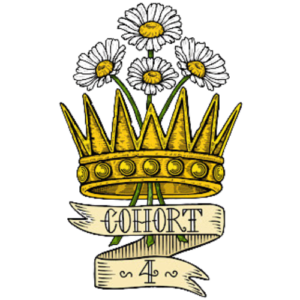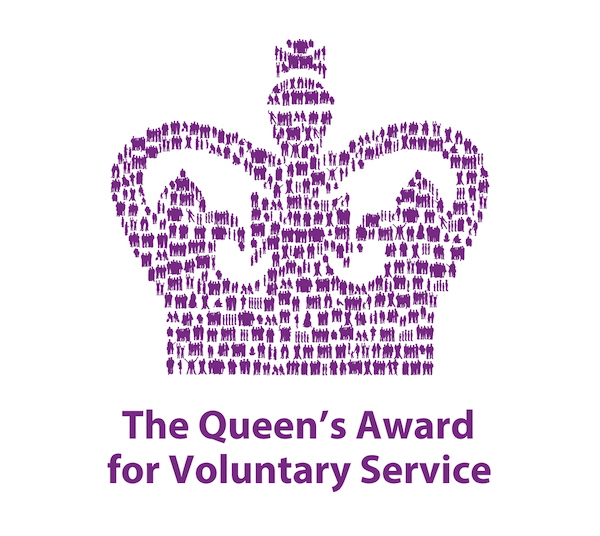There is a sizeable population of women in England who experience significant disadvantage, with overlapping complex and multiple needs. Over a million women in England have experienced physical and sexual abuse in both childhood and as an adult (Scott and McManus, 2016). Many experience multiple disadvantages such as homelessness, addictions, imprisonment or experience mental health conditions. The feminist discourse of domestic abuse directs that ‘gender based abuse requires a gender specific response,’ (Houghton, 2006: 84). A history of what could be described as ‘peer support’ within the women’s movement has been documented since the first refuges and support groups were formed relating to those escaping abusive relationships (Doerner and Lab, 2017: 18). Women’s campaigning and grass root groups continue to lobby government to prioritize work with this group of women, commending the commissioning and appropriate funding of holistic, gender specific and trauma informed support for the most marginalized women (McManus, Scott and Sosenko, 2016; Covington et al., 2008).
One such method of engaging women with complex needs could be the use of a peer mentor, defined by Clinks (2012) as, ‘someone with the same shared experience providing knowledge, experience, or emotional, social or practical help’.Examples of peer mentoring can be found in substance misuse treatment services, in domestic and sexual abuse fields, within the criminal justice process, or in mental health treatment services. Based on their own lived experiences, peer mentors are considered to have a high credibility regarding the empathy afforded to their mentees (White, 2000; Jackson, 2001). When our own Cohort 4 women survive and thrive after their own lived experiences of abuse and disadvantage, and only when they feel safe and strong enough to support other women, they can choose to receive our accredited training programme to be safely able to peer mentor others. They are considered to be experts by experience, and valuable in terms of their ability to use their experience to help other women.
As well as Founding Director, Operations & Risk Manager at Cohort 4, I am a Senior Lecturer in domestic violence at the University of Worcester and I am in the process of undertaking a PhD at Anglia Ruskin in Cambridge. I will be specifically examining peer mentoring with women with multiple and complex needs in England. Peer mentoring is a slowly growing area of practice with a range of population groups that are considered vulnerable or stigmatised (Buck, 2017). Yet there remains little written that evaluates the process of peer mentoring with women. There is minimal literature that examines whether, or indeed if, it is effective for women beneficiaries with multiple and complex needs. Over the last five years of Cohort 4 I have seen peer mentoring at its best, and have also noted the challenges and sometimes failures of the approach. However, I remain interested in the potential to develop community peer mentors to best help those with multiple and complex needs. At Cohort 4 we call this, ‘Women Supporting Women,’enabling those of us who survive abusive histories, to pull a silver thread from our experiences, and use this expertise to help other women.
Beverley Gilbert, Cohort 4 Founder, Operations & Risk Manager, Senior Lecturer, Centre for Violence Prevention, University of Worcester


Recent Posts
- Essential Toiletries and some beautiful Products for women at Cohort 4 19th December 2023
- One of my favourite Cohort 4 achievements 17th September 2023
- Cohort 4 at the Domestic Abuse Commissioner’s 1st Conference – A Festival of Practice 13th April 2023
- Thursday Lunch Club Outcomes and Continuation 6th April 2023
Archives
- December 2023
- September 2023
- April 2023
- November 2022
- May 2022
- October 2021
- July 2021
- June 2021
- May 2021
- April 2021
- March 2021
- February 2021
- January 2021
- November 2020
- October 2020
- September 2020
- August 2020
- June 2020
- May 2020
- March 2020
- January 2020
- November 2019
- October 2019
- September 2019
- August 2019
- June 2019
- April 2019
- March 2019
- February 2019
- January 2019
- December 2018
- October 2018
- September 2018
- July 2018
- May 2018
- April 2018
- March 2018
- February 2018
- January 2018
- December 2017
- November 2017
- August 2017
- March 2017
- February 2017
- January 2017
- December 2016
- November 2016
- September 2016
- August 2016
- May 2016
- April 2016




Recent Comments